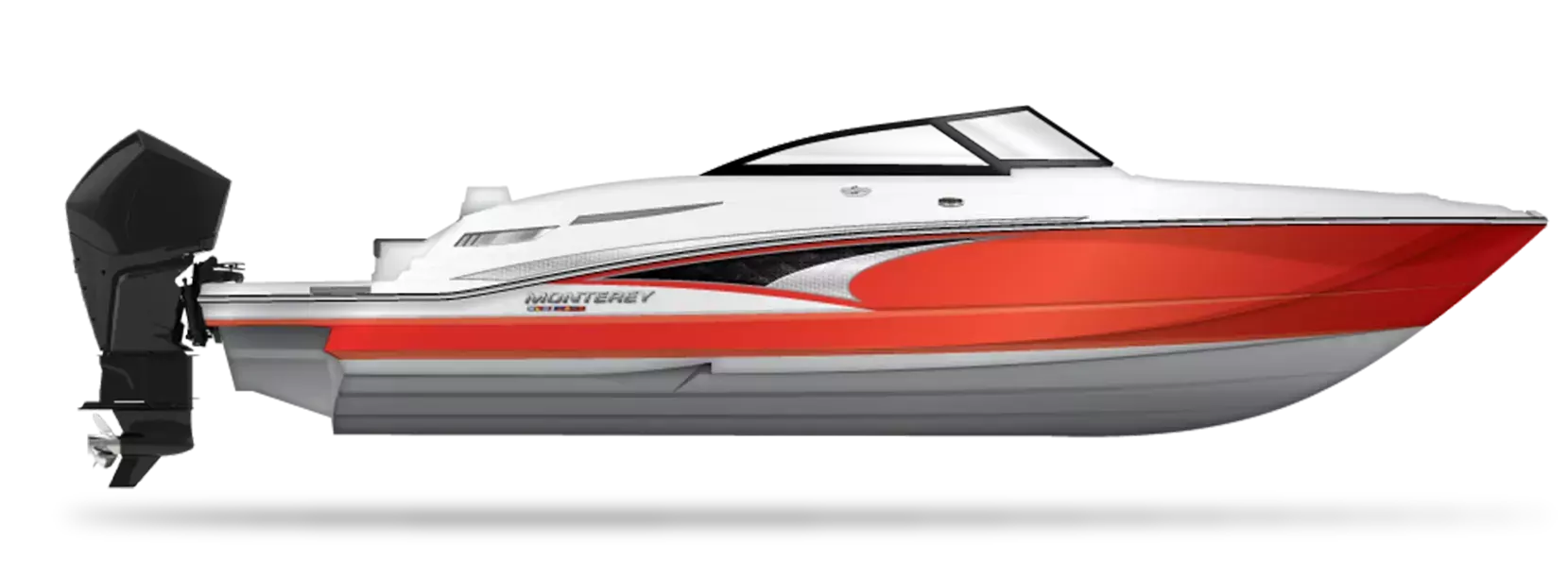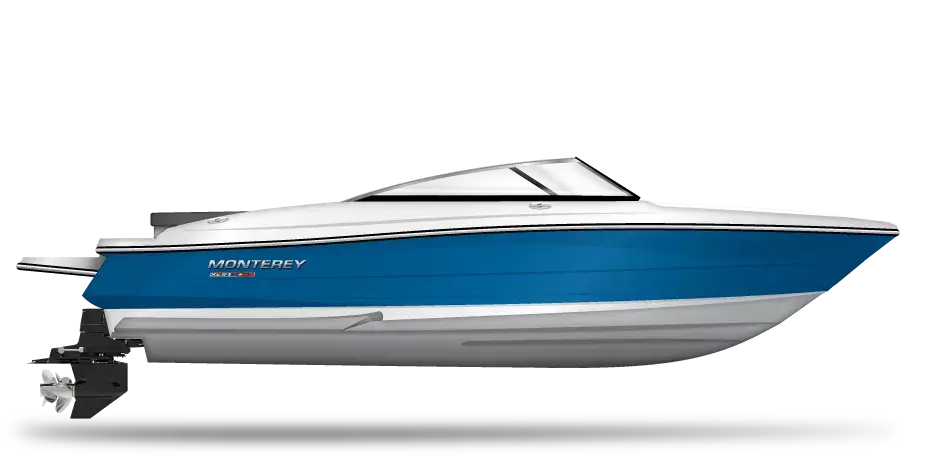Lobster Diving: a Look at Florida's Two-Day Mini Season
It’s almost the end of July, which means Florida boaters and divers are that much closer to their time in the sun. The state’s annual “mini” lobster season—a 48-hour diving extravaganza—kicks off July 30th. Keep reading to learn how this two-day free-for-all first got started, and how you can take part in this year’s festivities.
Florida legislature first saw the need for a state-sanctioned event in the mid-20th century, when conflict between recreational and commercial fishers—over the Caribbean Spiny Lobster, Panulirus argus—put a strain on the state’s crawfish landings. This led to the passing of a bill in 1975 that allowed recreational fishers two days every summer to get their high-volume catches in, making the rest of the season (August through March) more lucrative for commercial fishers.
Today, more than 50,000 fishers and divers take on the open waters over the mini season every year, while the density of boats over coral reefs is 900 times higher than during the regular season. But this increase is about more than maintaining a good commercial balance—coastal cities around the state have their own ways of celebrating.
South Florida’s Lauderdale-By-The-Sea has one we’re excited about: Bugfest by the Sea! Starting on July 25, the nine-day event (which includes the Wednesday and Thursday mini season) will feature a bug-hunting contest, informative seminar, diving workshop, and mini season kickoff party.
As far as where you’re able to dive, most Florida spots are fair game. You’ll want to take your Monterey wherever you see holes, the underwater limestone dwellings spiny lobsters tend to stick to. You can find these spots by staying on the lookout for their lighter green hue…or try your hand at asking knowledgeable locals!
During the mini season, you can bag 12 lobsters per day (as opposed to the regular season six) per person. Visit ww.myfwc.com for more information on state regulations and restrictions, and visit www.floridalobstering.com for tips on diving and catching.
Bookmark & Share
User Comments
Be the first to comment on this post below!
Previous Article
Next Article













